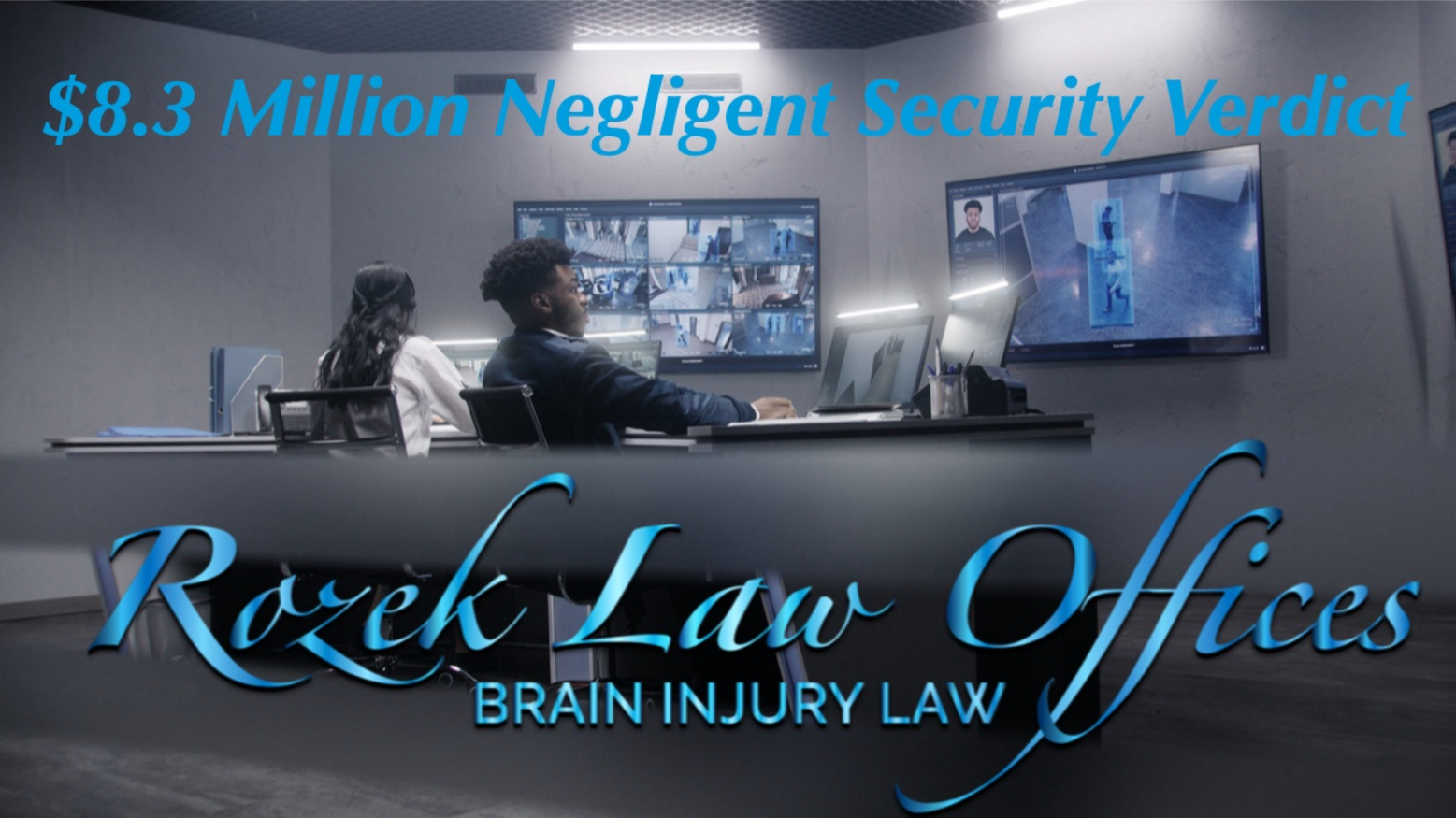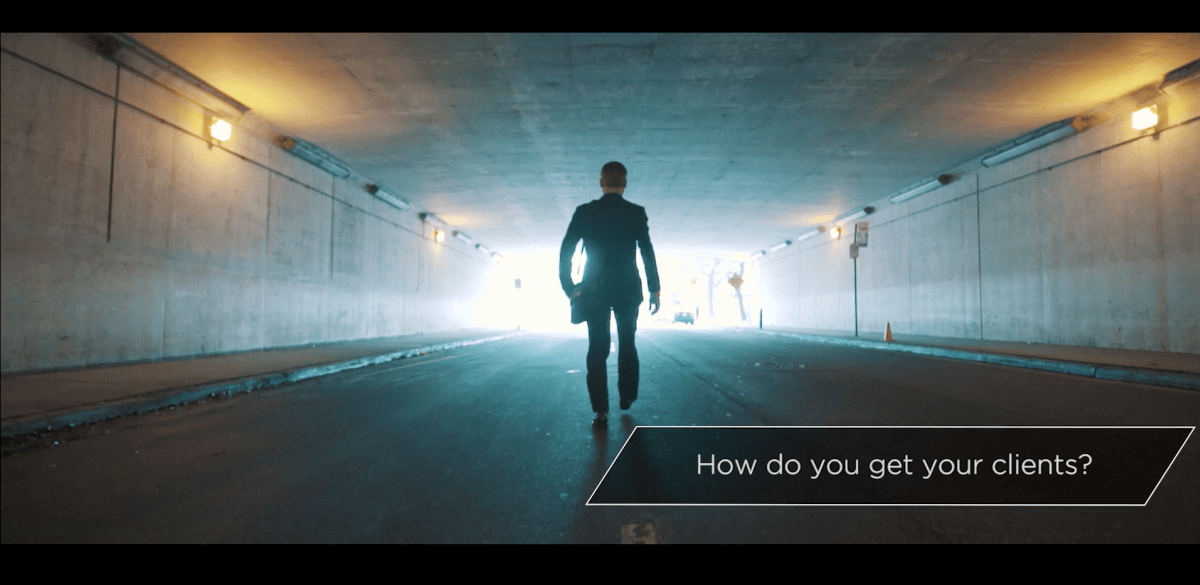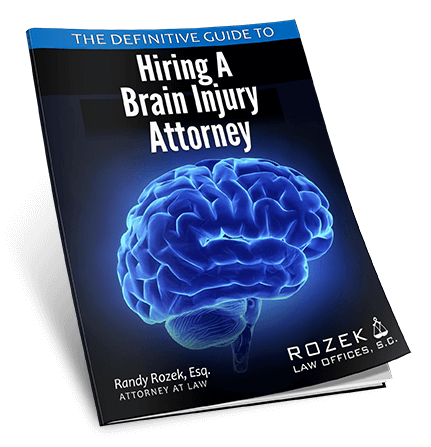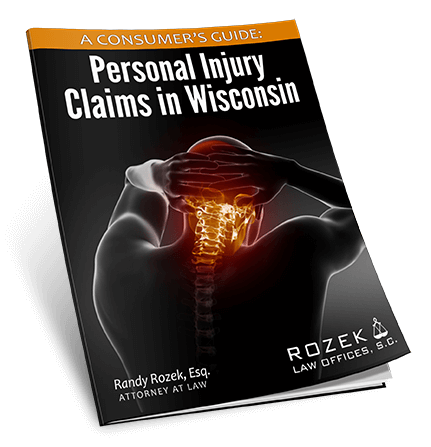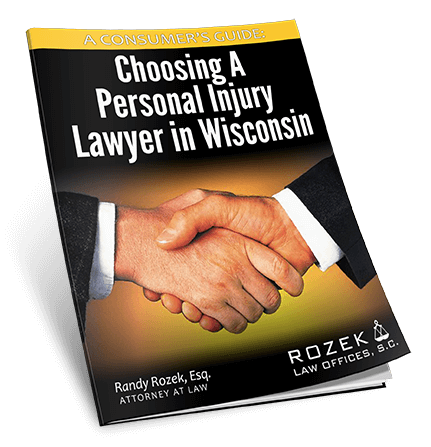Researchers find link between homelessness and brain injury
Researchers in Wisconsin studied more than 3,000 homeless men in Wisconsin and discovered that many of them have evidence of a prior traumatic brain injury (TBI). The researchers are hoping the information will improve the ability to identify, assess, diagnose and treat TBI in homeless persons. According to a release about the study on Brainline.org, […]
Researchers in Wisconsin studied more than 3,000 homeless men in Wisconsin and discovered that many of them have evidence of a prior traumatic brain injury (TBI). The researchers are hoping the information will improve the ability to identify, assess, diagnose and treat TBI in homeless persons.
According to a release about the study on Brainline.org , 80 percent of the men studied were found to have evidence of cognititve impairment.
“Given the growing evidence . . . an underdiagnoses and inappropriate treatment problem of crisis proportions may exist in the [ homeless] population. Further clarification of the size and nature of this problem could have a major effect on the allocation of funding and level of staff training needed for developing, implementing, and evaluating appropriate services for homeless people,” the release reads. “Without more attention to these issues, homelessness will continue to persist as a pervasive social problem that creates a massive amount of preventable suffering.”
The study has gone on for seven years and researchers discovered in that time that undiagnosed TBI is just one aspect of a much broader problem when it comes to common risk factors for homelessness. Some other issues include childhood neglect, substance abuse, mental illness and low levels of education.
“Many of these risk factors have their origins in childhood and adolescence and are likely to have set the stage for the development of major problems later in life,” the study reads. “Although these risk factors are well-known, one of the most common sequelae of these experiences — traumatic brain injury — often goes undetected among homeless persons.”
According to the Mayo Clinic, Traumatic brain injury is when an external mechanical force causes brain dysfunction. Traumatic brain injury usually results from a violent blow or jolt to the head or body. An object penetrating the skull, such as a bullet or shattered piece of skull, also can cause traumatic brain injury.
Mild traumatic brain injury may cause temporary dysfunction of brain cells. More serious traumatic brain injury can result in bruising, torn tissues, bleeding and other physical damage to the brain that can result in long-term complications or even death.
“These individuals had a blow to the head, were dazed and confused, perhaps even lost consciousness, perhaps got medical attention and then went on with their lives,” the study reads.
After performing more than 3,000 comprehensive psychiatric evaluations of persons experiencing homelessness, most of whom had spent the past year or more on the street, in a shelter, drop-in center or other transitional setting, a striking commonality became evident … at least half of the patients reported histories of blows to the head.
Many times these injuries went unreported.
“At present, the impact of traumatic brain injury and cognitive dysfunction on the cost of homelessness cannot be calculated, since the research that would bring those costs to light has yet to be undertaken,” the study reads.





